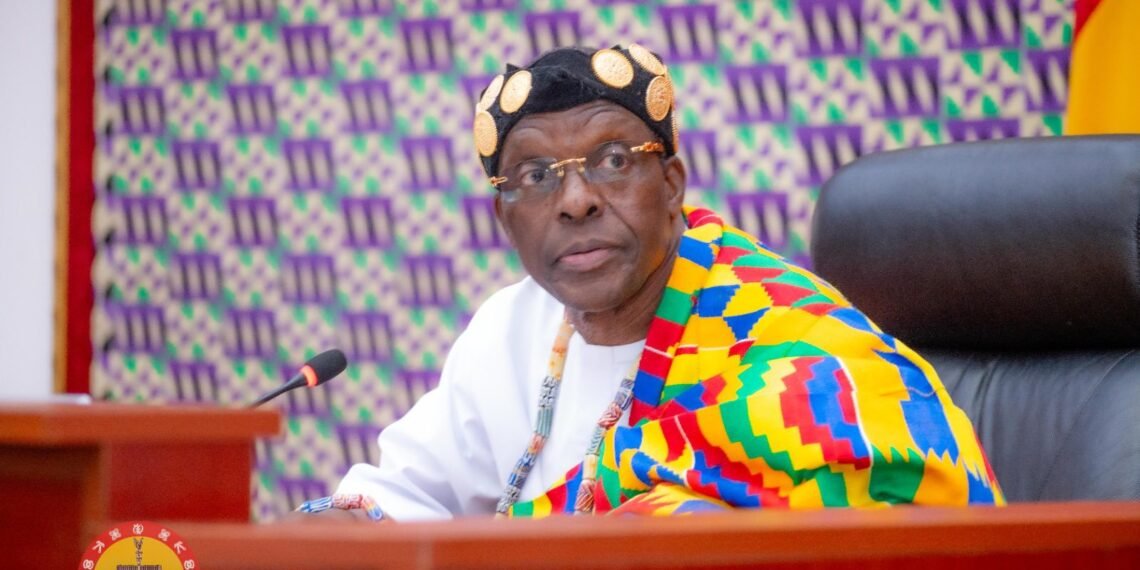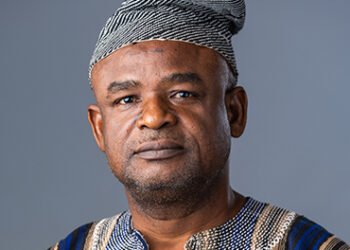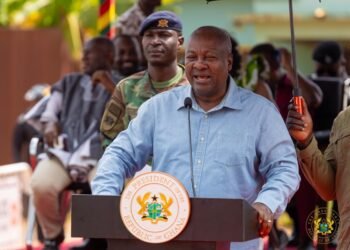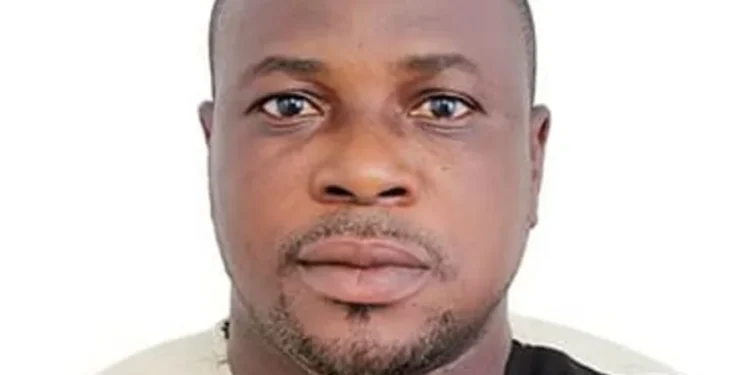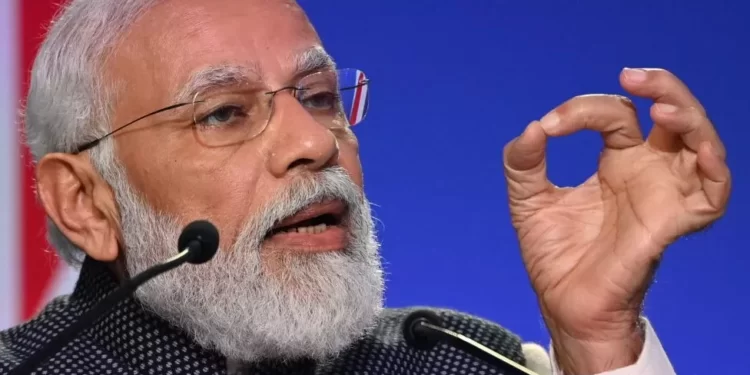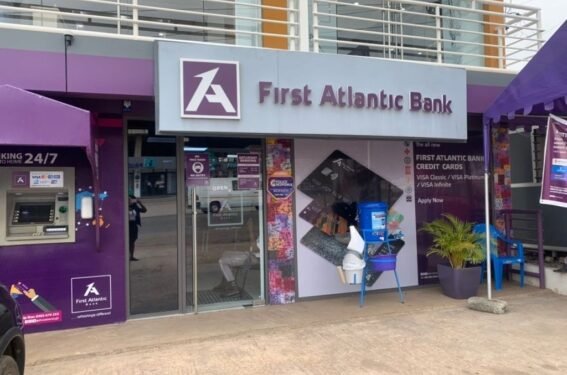Parliament has unanimously passed the Ghana Medical Trust Fund Bill, 2025—also known as MahamaCares—marking a significant policy milestone aimed at strengthening Ghana’s healthcare financing framework and providing targeted relief for patients battling non-communicable diseases (NCDs).
The bill, which cleared its final legislative hurdle on July 22, 2025, is now awaiting presidential assent to become law. The passage of the bill follows months of policy advocacy and weeks of parliamentary deliberations.
It seeks to establish the Ghana Medical Trust Fund as a dedicated financing mechanism for the treatment and care of individuals suffering from life-threatening NCDs such as cancer, diabetes, chronic kidney failure, cardiovascular disease, and stroke.
In a country where many patients struggle to afford long-term treatment under the existing National Health Insurance Scheme (NHIS), the new Fund is expected to be a game-changer for public health equity and access.
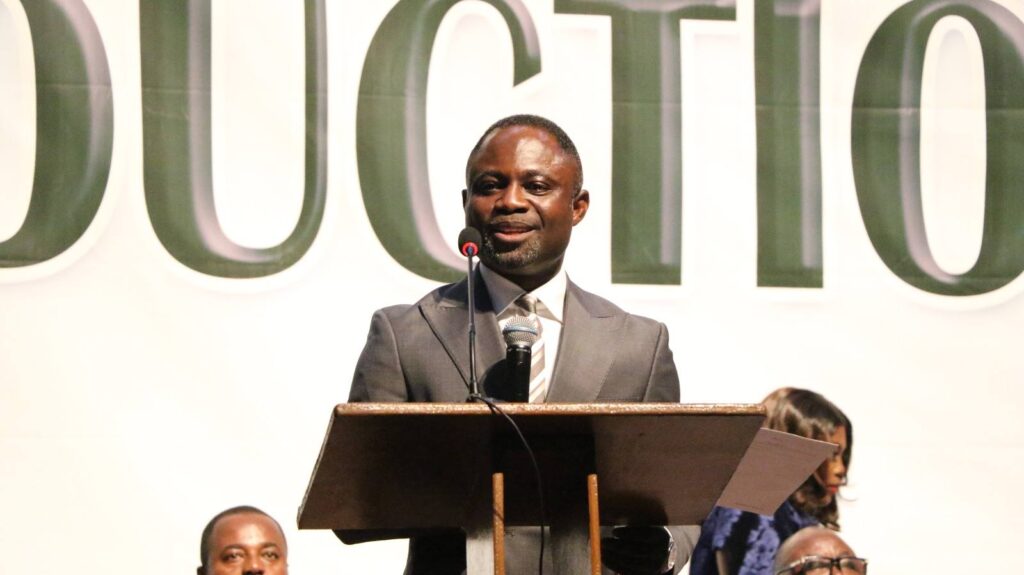
In its current form, the bill earmarks 20% of the total annual allocations from the National Health Insurance Fund (NHIF) for the Ghana Medical Trust Fund.
This will serve as the foundation for its financing. Additional resources will come from Parliament-approved budget allocations, investment proceeds, as well as grants, donations, and voluntary contributions from individuals, organisations, and international partners.
Initially, the Minority in Parliament raised objections when the bill was laid before the House on Monday, July 21. However, they later softened their stance following further engagement, allowing the bill to proceed to the Consideration stage.
After a clause-by-clause scrutiny and debate, the bill was passed without dissent, reflecting bipartisan support for what many legislators now view as a vital and compassionate public health intervention.
Governance Framework
A central feature of the legislation is its robust governance framework, which seeks to insulate the Fund from politicisation or mismanagement. The law provides for the establishment of a Board of Trustees to oversee operations of the Fund.
The Board will be responsible for ensuring financial accountability, efficiency, and strategic distribution of resources. Clear provisions on auditing, transparency, and reporting are embedded in the bill to uphold public confidence and guarantee that the Fund serves its intended purpose.
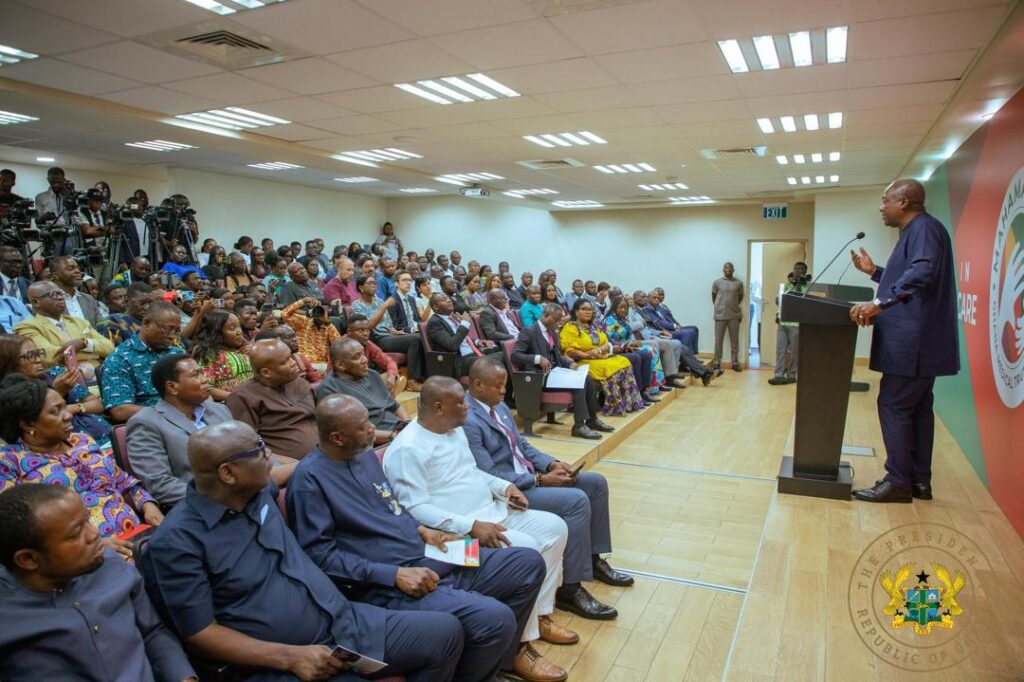
The Ghana Medical Trust Fund is expected to become operational in the coming months following presidential assent and the appointment of key administrative personnel.
President John Dramani Mahama is expected to sign the bill into law as early as next week, fulfilling one of his key electoral promises ahead of the 2024 general elections.
Commitment to Cause
In a display of personal commitment to the cause, President Mahama pledged to donate six months of his salary to the Ghana Medical Trust Fund once it becomes operational.
The Vice President, Professor Naana Jane Opoku-Agyemang, also pledged to contribute three months of her salary. Furthermore, President Mahama directed all appointees in his administration to contribute one month of their salaries to the fund.
This wave of goodwill has extended beyond political office holders. Several key state institutions have already pledged support, including the high command of the Ghana Armed Forces and the various security services under the Ministry of the Interior.
Corporate organisations and private individuals have also joined the effort, committing resources to what is fast becoming a national movement to tackle Ghana’s NCD burden.
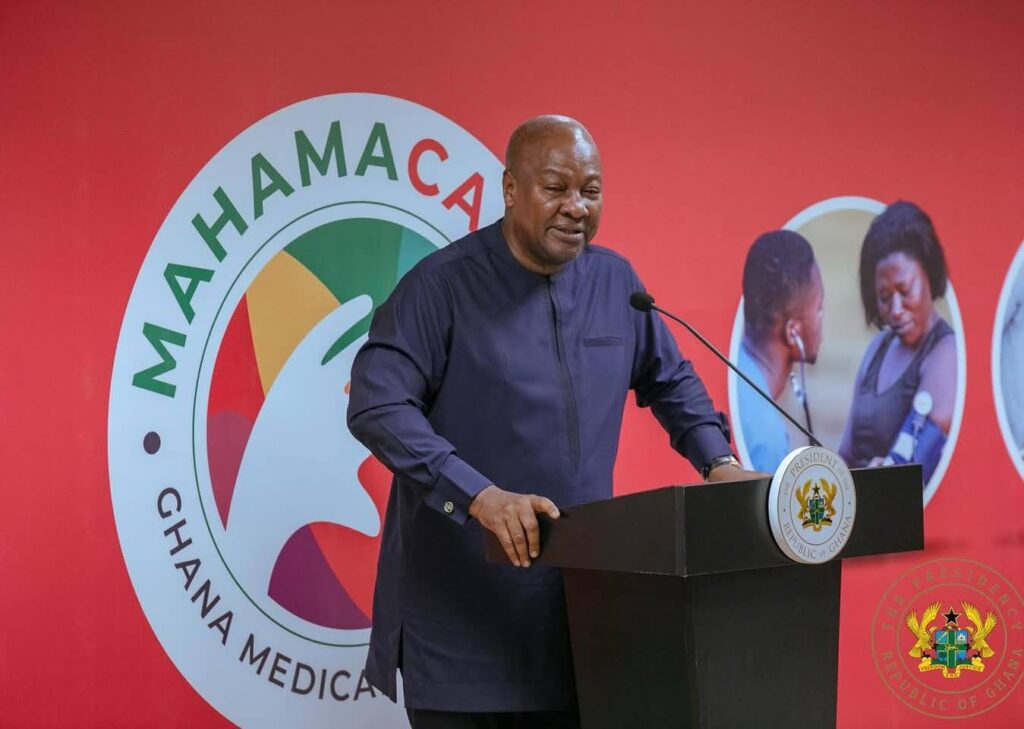
The Ghana Medical Trust Fund, once operational, will provide a critical safety net for citizens who fall through the cracks of the NHIS.
The bill’s passage adds momentum to the Mahama administration’s broader healthcare agenda, which includes promises of expanding specialist care, improving health infrastructure, and reducing out-of-pocket payments that often push households into poverty.
By ring-fencing funding for NCD care, the government is not only responding to an urgent health crisis but also reinforcing its social contract with the Ghanaian people.
READ ALSO: Tullow Sells Kenya Assets to Gulf Energy for $120m in Strategic Exit

